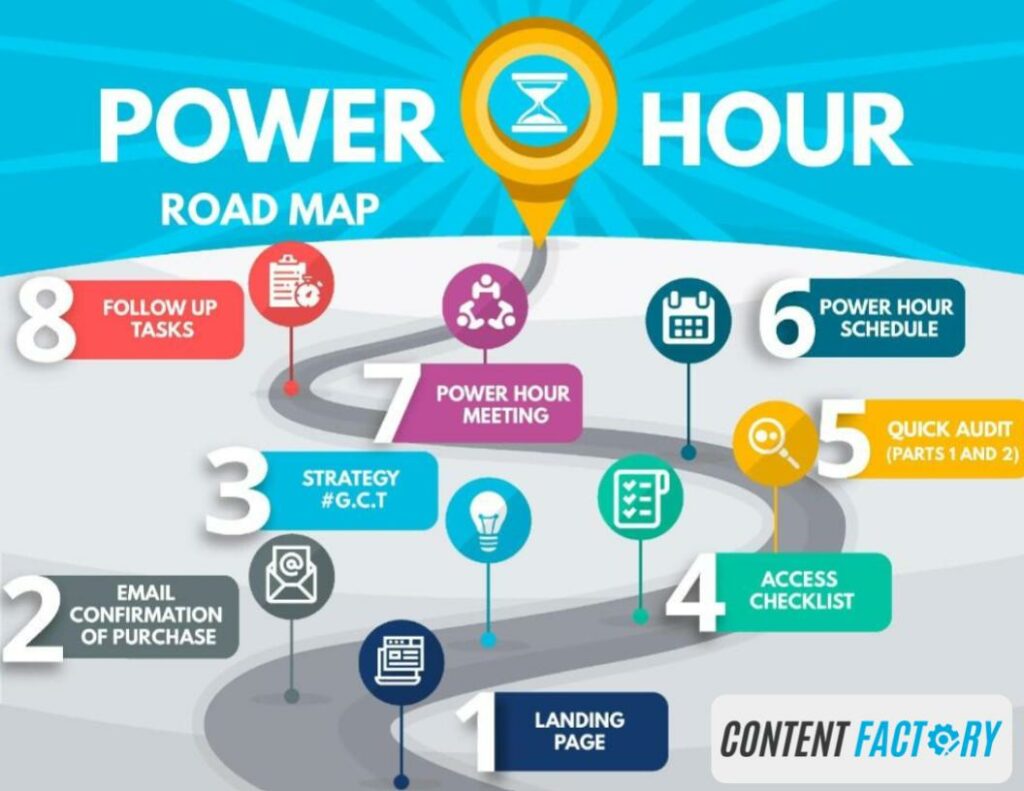

When I first started offering consulting services, I charged $100 to get an hour with me.
After all, I had plenty of time in my schedule. Plus, that could turn into a client paying much, much more. Heck, I reasoned that $100 an hour was $200,000 a year, which would let me live like a star since my expense base was a Toyota Camry and a 2 bedroom apartment in Dallas.
The consulting sessions would often go over since clients were eager to ask questions, and I was eager to answer. I was on a high after each session since I knew the client was happy and that my advice was spot on.
But a couple of weeks later, I’d not hear back from them. They had moved on to some other shiny object and needed re-explaining of the points we covered. This felt like pulling the scab off an already healed wound.
Some of these $100 clients would turn into $5,000 and $20,000 projects– which also caused me to want to celebrate. You know the feeling. And it would make me want to bring in more $100 consultations with the thinking that if I kissed more frogs, I’d get more princes.
Yet after doing hundreds of these, I realized that I wasn’t properly tracking my time. Sure, I made $100 during that one hour. But what about all the back and forth in social media, email, scheduling, sharing the recording, follow-up after the meeting, and the “one quick question” they had later? What about the marketing I had to do to generate these leads– speaking, posting on LinkedIn, social media engagement, updating the website, ads, and so forth.
My true cost was 8-10 hours for that one-hour consultation. So my time was effectively worth $10/hour.
No wonder my bank account was barren at the end of each month.
So I raised the price to $1,500 for my “Power Hour“.
At first, I was afraid that people would mock me– “how could an hour with Dennis possibly be worth $1,500?” And there were a few folks here and there who said this. To which you respond, “If we’re not solving a problem that’s worth at least $10,000, then you’re right– the Power Hour doesn’t make sense.” Or another good response for us to remember is “I’m not right for everyone”. After all, if nobody is declining your offer, your price must be too low.
The $100 consulting call is almost as bad as the “let’s hop on a free 15-minute call to see if we’re a fit”, which most consultants use. This can work if you can keep it just to a qualifying call and if you have a clear offer to sell them into– usually at least $2,500 one-time or $1,000 a month.
I see a lot of experts out there who don’t realize they can charge north of $500 an hour– whether it’s selling time or if it’s your internally calculated rate from dividing how much time it takes for you to deliver versus the cost of your package.
I see the pros multiply their effective rate by doing these things:
- Having a group coaching layer between the low ticket (book or lead magnet) and the high ticket (one-on-one private “VIP” access to you: if you have 20 people in the group, your effective rate is up to 20 times higher. Seems weird that people will pay as much to be in a group, but higher caliber clients are used to this.
- Hiring one or multiple virtual assistants to handle everything except the coaching: think of it like you being the typical dentist who spends only 5 minutes with each patient, bouncing between rooms– while the various dental assistants, dental hygienists, support staff, and front desk handle everything else.
- Packaging up your offerings: So you’re not selling an hour of your time (since all meetings seem to last an hour for some reason), but should be based on a result. The higher ticket sales are on the transformation you provide. And they’ll actually pay more if you can do it in 1/3rd the time– which would hurt you in an hourly or retainer model.
- Publishing a book, evergreen webinar, or other thought leadership: But not because you want to reach more people. No, this is to DISQUALIFY the people who would otherwise try to get you on a call. People can’t “pick your brain” for free, but you can freely share your knowledge in pre-recorded content. And you explicitly state on those landing pages your criteria for successful clients– before ever getting on a call.
Raising rates is one thing– but this strategy shift to value and qualifying clients is how many of us have made it to the next stage– to go from expert consultants doing one-off projects (each one different) to having a machine that operates for us.
The super successful coaches nearly all implement this standard 3-tier model– to the point where I gasped that they must all be following the same playbook. And the funny thing is that they are, which is why you should be learning from folks like Mary Henderson how to build your personal brand and turn it into a money machine for you via a coaching program.
